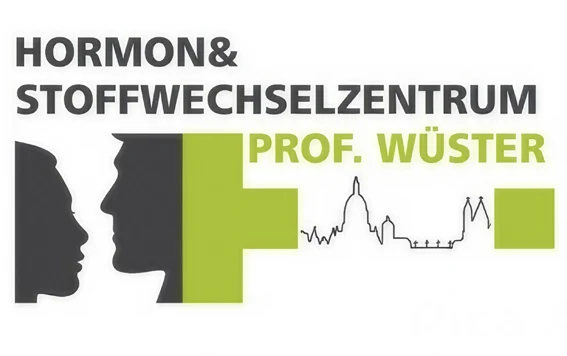Endocrinologist for Trier: Bone density measurement as an opportunity
Bone density measurement improves the quality of care for patients from Trier
TRIER. Osteoporosis is still often only diagnosed once bone fractures have already occurred. “In principle, bone loss can be treated well,” emphasizes Prof. Dr. med. Christian Wüster, who, as head of a hormone and metabolism center, is also the contact person for patients from Trier. Together with his team, he carries out a structured diagnosis in his practice, which allows precise conclusions to be drawn about the condition of the bones.
Bone density measurement plays a central role in early detection, according to specialist for Trier
An important part of the diagnostic procedure is bone density measurement using the modern DXA method. Two different values are determined, the so-called T-value and the Z-value. These values relate the individual measurement result to the bone density of healthy people of the same age or to people with a maximum bone density. This enables the doctor to recognize whether osteoporosis exists and how advanced it is. If bone loss is diagnosed at an early stage, fractures and other complications can often be avoided. “In the early stages, osteoporosis can be easily controlled with simple lifestyle changes. Those affected do not always have to resort to medication immediately,” explains specialist Prof. Dr. Wüster.
Osteoporosis patients from Trier: Bone density measurement helps with a customized treatment plan
However, if bone density falls below certain threshold values, those affected should take medication to counteract this. “The basis of osteoporosis treatment with medication is a combination of vitamin D and calcium supplements,” explains Prof. Dr. Wüster. These have been proven to reduce the risk of vertebral body or femoral neck fractures. Bisphosphonates are also frequently used. Prof. Dr. Wüster refers to studies according to which bisphosphonates reduce the risk of vertebral or femoral neck fractures in post-menopausal women by around 50 percent. In contrast, therapy with hormone replacement preparations is controversial. Although these drugs apparently also protect against bone fractures, they can also increase the risk of breast cancer and cardiovascular disease. Prof. Dr. Wüster and his team decide which therapy is appropriate together with the patient based on the individual diagnosis. It is important for the expert to emphasize: “Patients can help to control osteoporosis themselves by adopting a bone-conscious lifestyle with plenty of exercise and a healthy diet.”

